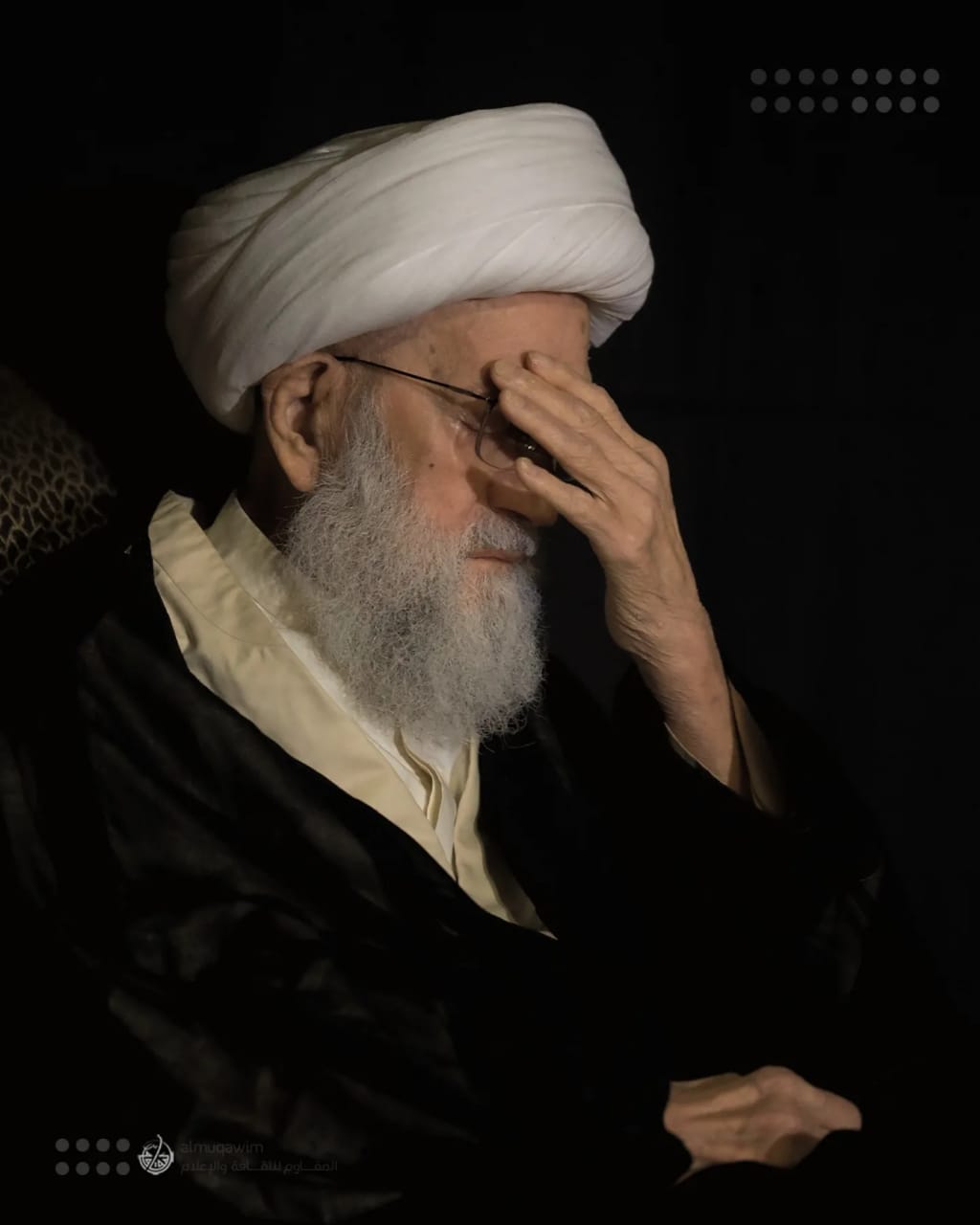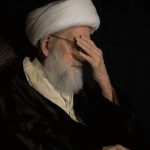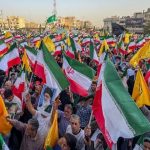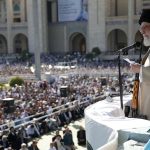Ayatollah Sheikh Isa Qassim: So that Yazid May Not Triumph and Husayn (peace be upon him) Be Abandoned
Ayatollah Sheikh Isa Qassim issued a statement on the occasion of the 13th of Muharram. Its text reads:
1. “What is meant by ‘Yazid’ is not just the historical figure, but anyone like him in any era, while ‘Husayn (peace be upon him)’ refers to the one he would approve in any time.
2. We must understand that investigating imamate first means understanding its source, rank, role, qualifications, duties, and rights over the community—before investigating the qualifications and attributes of the individual Imam.
3. The path to a legitimate Imam is only one: first, explicit divine designation, and secondarily, descriptive designation when the first is usurped and the believers are deprived of its direct exercise. There is no inheritance, election, or claimed legitimacy without proof and qualification.
4. By anchoring these foundations in the faith, conscience, education, and approach of the Ummah toward the question of imamate, government, and politics, Yazid will not triumph, nor will Husayn (peace be upon him) be abandoned under false banners of inheritance, democracy, or fraudulent claims of legitimacy.
5. The struggle over imamate, politics, and rule is unending in this world. A community that believes in Almighty God must know the foundations of true imamate and righteous government that ensure the preservation of rights, the establishment of justice, human advancement, and the realization of life’s purpose—namely, happiness in this world and the Hereafter for all humanity.
6. It is incumbent upon every Muslim to know Islam, to respect and believe in it sincerely, and to reject the caliphate and rule of Yazid after measuring it against Islam—whether it is Yazid ibn Mu‘awiyah himself or any other Yazid in any age. Reason, honest religion, and all values of truth and justice make no distinction between Yazid ibn Mu‘awiyah and any other Yazid, or any figure whose character is in contradiction with the station and divine status of imamate, its great tasks, its governance over religious and worldly affairs, and its impact on the fate of societies and nations in this world and the next.”































